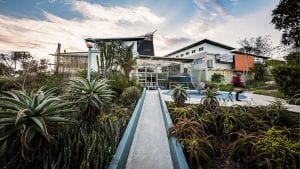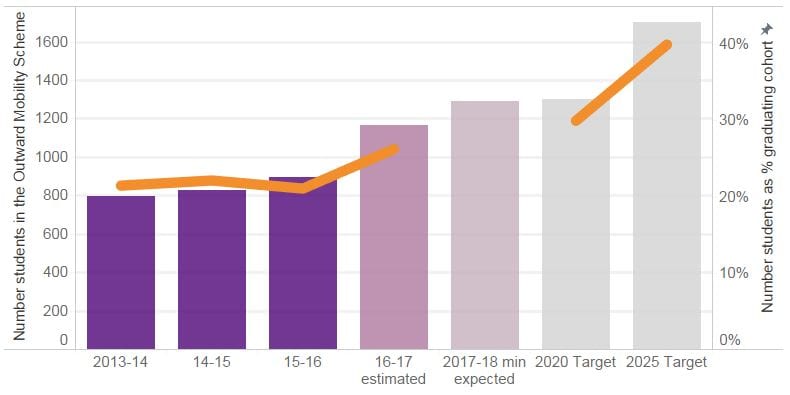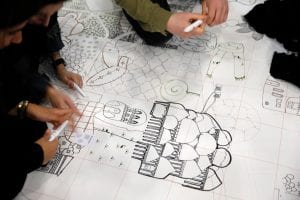UCL-backed AHRI launches groundbreaking health research programme in South Africa
By ucypsga, on 8 January 2019
 The Africa Health Research Institute (AHRI), led by UCL Professor Deenan Pillay, is bringing cutting-edge health screening and scientific research to an area of northern KwaZulu-Natal with one of the highest rates of HIV and tuberculosis in South Africa.
The Africa Health Research Institute (AHRI), led by UCL Professor Deenan Pillay, is bringing cutting-edge health screening and scientific research to an area of northern KwaZulu-Natal with one of the highest rates of HIV and tuberculosis in South Africa.
Dubbed ‘Vukuzazi’, which means ‘wake up and know yourself,’ the new research programme is designed to produce a disease profile of the community, which will guide future healthcare plans.
Comprehensive health screenings
People living in AHRI’s health and demographic surveillance system site in uMkhanyakude District are being invited to participate in a comprehensive health screening at a Vukuzazi mobile health screening fair.
The easy-access screenings will test for diabetes, high blood pressure, nutritional status, tobacco and alcohol use as well as HIV and tuberculosis, in a bid to lower the prevalence of diseases such as TB and to tackle the stigma still often associated with HIV screenings.
AHRI aims to reach 30,000 participants over the course of 18 months, with the mobile camp coming within one kilometre of each participant’s home.
State-of-the art equipment
The state of the art equipment will allow AHRI’s clinical team to examine this information in real time, link it together and make referrals to the public health system for people as needed.
“There are very few surveillance sites of the sort that we are building on,” said AHRI Deputy Director for Science, Professor Thumbi Ndung’u in a recent statement. “AHRI has been monitoring 120, 000 individuals for the past 15 years. We are now building on to that a new level of clinical testing and diagnosis, together with biological sampling.
Understanding the genetic makeup
“One of the key aspects of Vukuzazi that will push this research agenda forward is understanding the genetic makeup of our population, but in particular what is it about those genetics which determines who is protected from disease, and who gets disease,” said AHRI Director, Professor Pillay.
“There is a paucity of data from Africa, sub-Saharan Africa in particular, and we want to redress that balance. We want to ensure that the potential benefits that are being shown to populations in the West can also be provided to the population here.”
Significant academic partner
Launched in 2016, AHRI’s inception was made possible through £63m in grants from Wellcome Trust and the Howard Hughes Medical Institute (HHMI), with UCL and the University of KwaZulu-Natal (UKZN) as significant academic partners.
In 2018, UCL launched funding via the Division of Infection and Immunity for South African students to study at UCL through AHRI on studentships.
 Close
Close














